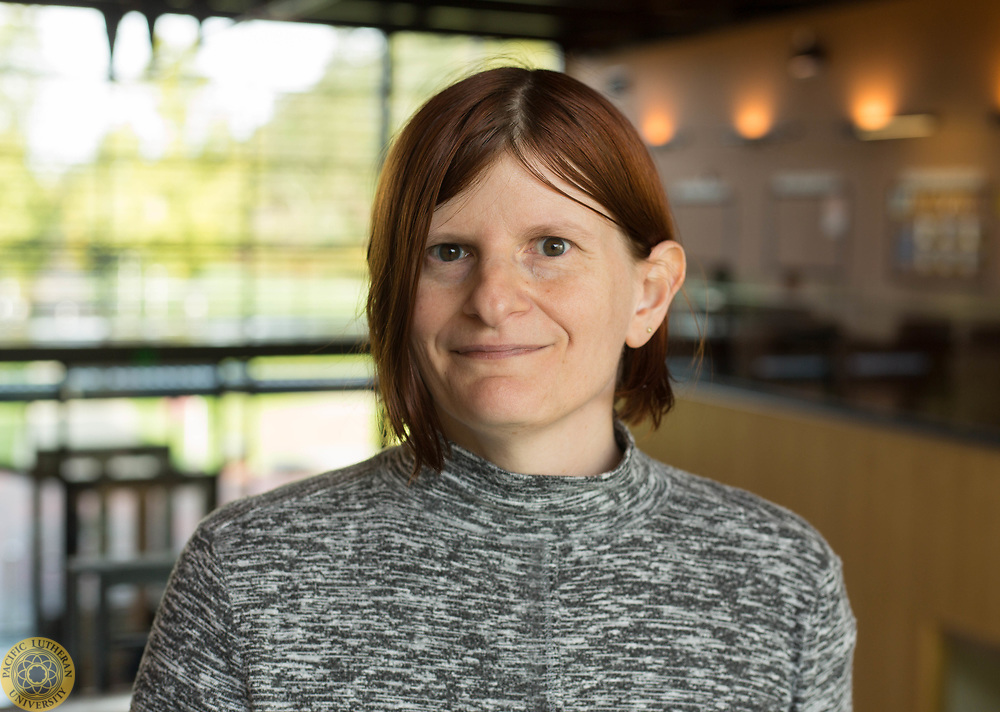Page 390 • (13,025 results in 0.176 seconds)
-
Illuminator Sylvia Martinez and Gary S. Stager Innovators in Education Sarah G. Epstein Art Lecturer and Volunteer Michelle Long PLU Regent and Unit Manager at Chevron Energy Technology Group Matsumoto Koichi Professor of Chinese History Stefan Parkman Conductor (and Tenor) Stephanie Renee Cox Olympic Gold Medalist Abbot Tryphon Abbot of All-Merciful Saviour Monastery on Vashon Island Valerie Segrest Nutrition Educator Vandana Shiva, Ph.D. Author, Activist, Pioneer Freedom Education Project Puget Sound
-
February 1, 2008 Regents discuss accreditation, tuition, campaign The Board of Regents’ winter 2008 meeting kicked off on with the groundbreaking ceremony for the Martin J. Neeb Center, future home to KPLU and PLU’s development office. At the evening banquet, the first recipients of the Carol Sheffels Quigg Award for Excellence and Innovation were recognized. Named at the Christmas Luncheon, those honored include MediaLab and communication professors Joanne Lisosky and Rob Wells; the theater
-

Jessica Sklar Professor of Mathematics she/her/hers Phone: 253-535-8341 Email: sklarjk@plu.edu Office Location: Morken Center for Learning & Technology - 259 Status:On Sabbatical Website: https://sites.google.com/view/jessica-k-sklar Curriculum Vitae: View my CV Professional Biography Education Ph.D., Mathematics, University of Oregon, 2001 M.S., Mathematics, University of Oregon, 1997 B.A., Mathematics and English, Swarthmore College, 1995 Areas of Emphasis or Expertise Mathematical Art
Area of Emphasis/Expertise -

confident that we are positioned to achieve new levels of success even greater than we have already seen.” As one of the oldest STEM (Science, Technology, Engineering & Math) organizations in the Puget Sound, Tacoma/South Puget Sound MESA also is one of the area’s premier advocates for STEM education and diversity. 30 Years of Tacoma/South Puget Sound MESA Accomplishments • Served more than 14,000 students in the Puget Sound area. • Cultivated more than 200 certified teachers. • Impacted more
-
achieve the same learning objectives as traditional courses, but include instructional activities tailored to be most effective in the online environment. Online courses may include online modules, recorded lectures, assigned reading, online discussion group and independent activities, web conferences, and technology-enabled projects. What are the benefits of selecting a blended course?In a blended course, students have increased control over the time, place, pace, and path to achieving learning
-
Ann Auman Professor of Biology Full Profile she/her/hers 253-535-8485 aumanaj@plu.edu
-
The Kelley Cafe is nestled in the southeast corner of PLU’s Morken Center for Learning and Technology. Made possible, in part, by donations from Estelle and Colleen Kelley, the Café nourishes the mind with a flavorful casual fare and inspires community fellowship with unique and delicious baked goods. We serve Dillanos, a delicious local coffee, house made sandwiches and baked goods, hot soup and a variety of grab n’ go items. This Location is Cashless. Accepted Payment Methods: Dining Dollars
-
requirements. SULI application workshop: August 10, 2023 from 3:00 – 4:00 pm EDT (register here) SULI and CCI opportunities workshop: September 6, 2023 from 2:00 – 3:00 pm EDT (register here) Through SULI, undergraduate students discover science and technology careers at the DOE national laboratories and gain the experience needed to transition from intern to employment. Interns work directly with national laboratory scientists and engineers, assisting them on research or technology projects that
-
requirements. SULI application workshop: August 10, 2023 from 3:00 – 4:00 pm EDT (register here) SULI and CCI opportunities workshop: September 6, 2023 from 2:00 – 3:00 pm EDT (register here) Through SULI, undergraduate students discover science and technology careers at the DOE national laboratories and gain the experience needed to transition from intern to employment. Interns work directly with national laboratory scientists and engineers, assisting them on research or technology projects that
-
section if you want to know about how to develop a research question.Identifying what you know and don't knowOnce you have narrowed the focus of your research and done some preliminary background research, the next step is to identify gaps in your knowledge. These gaps will be useful in developing your research question. To do this, ask these two questions about your research topic: What do you already know (if anything) about your topic? What do you not know, but are curious to learn about, as it
Do you have any feedback for us? If so, feel free to use our Feedback Form.


